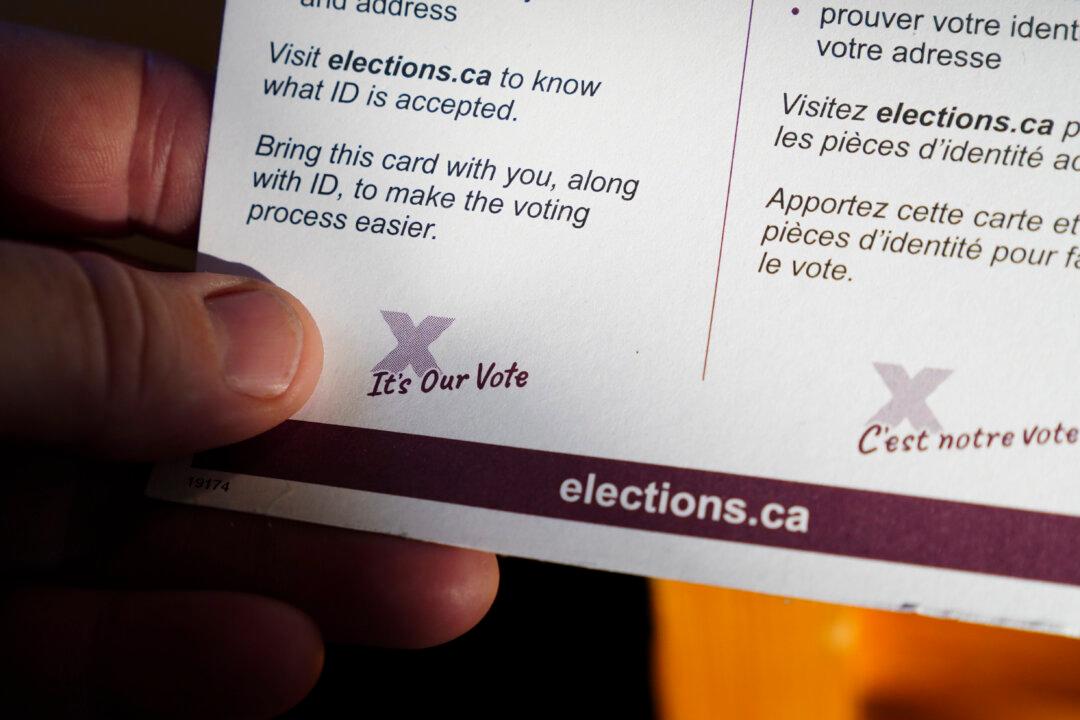Nearly 50 percent of Canadians would support calling a federal election before next fall, a new national survey suggests.
Thirty-two percent of Canadians are ready to head to the ballot box as soon as possible while 16 percent would prefer an election to happen sooner than October 2025 but not before the end of this year, according to a newly-released Abacus Data poll.





